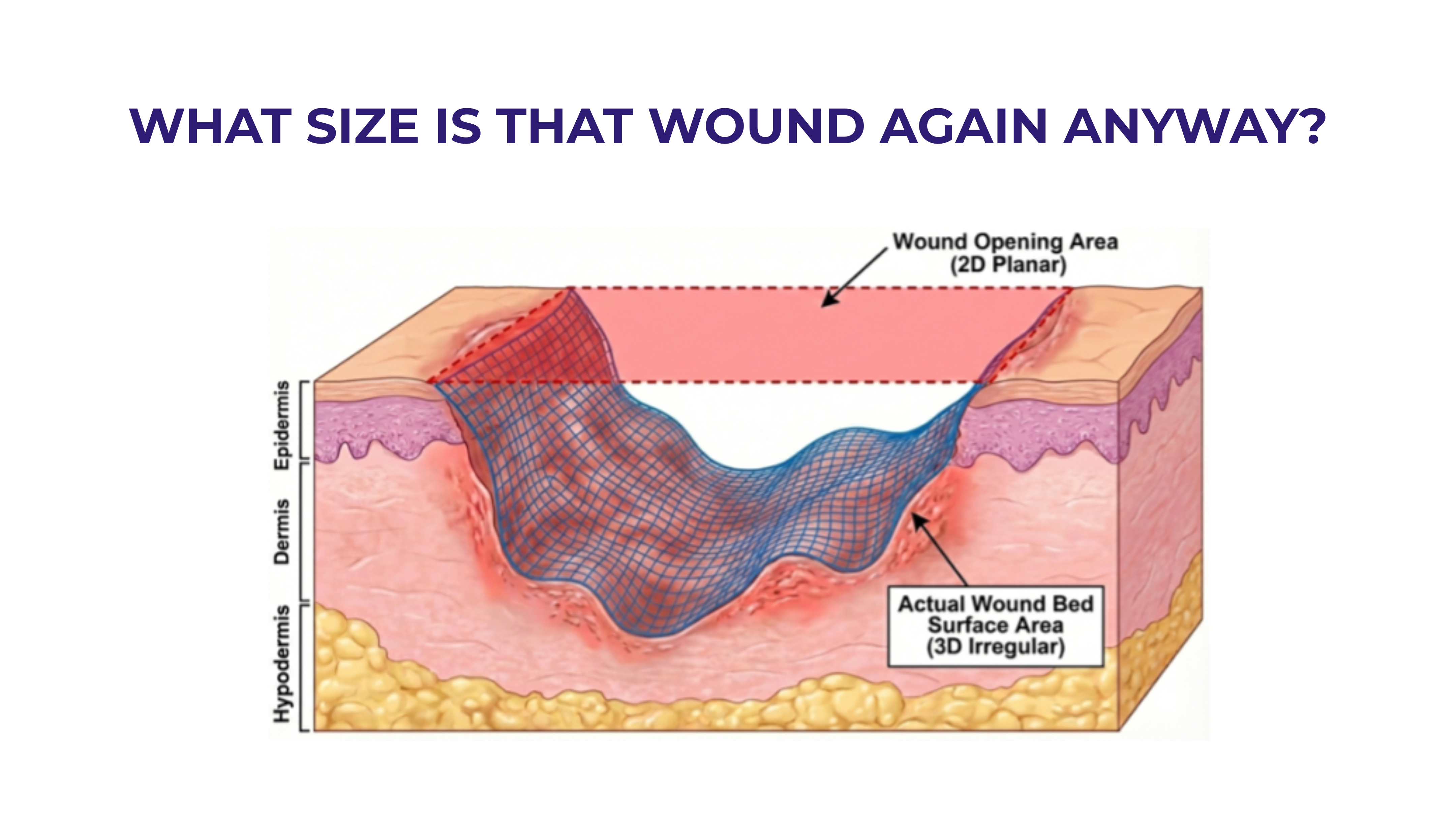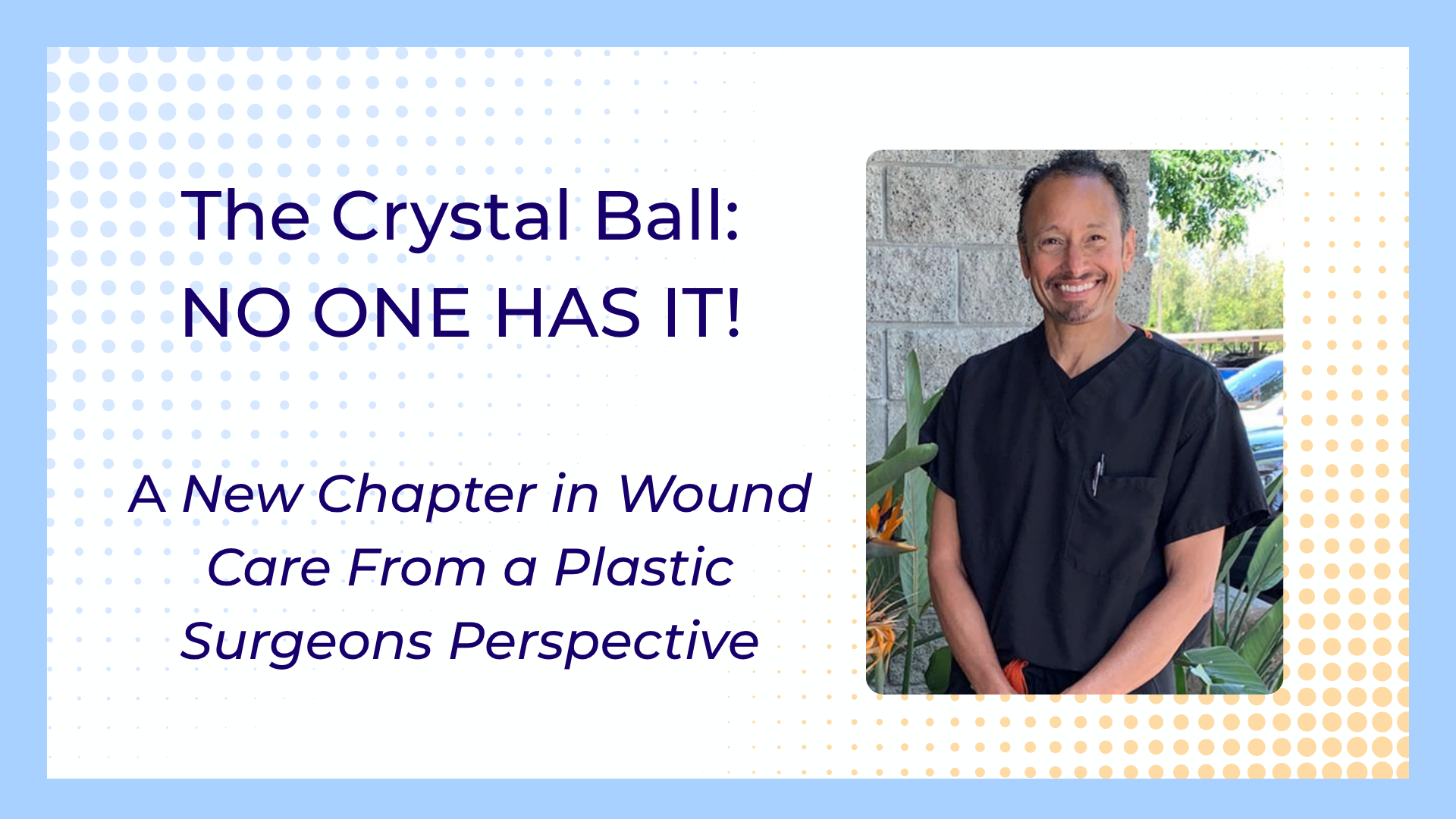The Scrutiny on Skin Substitutes: Shifting The Focus From Medicare Advantage

While the top six major insurance companies have reported soaring profits—some rising by thousands of percentage points since the Medicare Advantage program was enacted, many patients enrolled in Medicare Advantage plans claim they didn’t even realize they were leaving traditional Medicare. This lack of transparency raises important questions about how these plans are marketed and the tactics used to encourage patients to switch.
Have you ever wondered why there is so much scrutiny on the use of skin substitutes to treat chronic wounds of Medicare patients? Is it purely coincidental that at the same time so much emphasis is being placed on how the wound care industry is regulated, Medicare Advantage enrollment has surged, outpacing traditional Medicare in many states? It’s interesting to note that OIG posted this late night on Wednesday night, and nobody even noticed because everybody is so focused on defending a small part of the Medicare expenditures – skin substitutes.
While the top six major insurance companies have reported soaring profits—some rising by thousands of percentage points since the Medicare Advantage program was enacted, many patients enrolled in Medicare Advantage plans claim they didn’t even realize they were leaving traditional Medicare. This lack of transparency raises important questions about how these plans are marketed and the tactics used to encourage patients to switch.
Representatives of the wound care industry aren’t even allowed to leave a pen in a provider’s office, while insurance companies have been providing nice incentives for to switch patients to Med Advantage or allegedly to allow agents of Med Advantage insurers access to their patient data to have their agents “encourage” patients to switch.
This is particularly concerning when these recommendations may not be in the patient’s best interest. Many patients are unaware they’re opting out of the flexibility and breadth of coverage provided by traditional Medicare. As a result, those with higher health expenditure needs may find themselves facing unexpected expenses or coverage limitations down the line.
Right now, we’re in the midst of Medicare’s open enrollment period—an ideal time to scrutinize the choices at hand. Providers should talk openly with their patients about the differences between Medicare Advantage and traditional Medicare. Specifically, if a patient is going to need expensive treatments not covered under a National Coverage Determination (NCD), like skin substitutes, or treatments that are covered, but under extremely restrictive policies determined by the MACs. Patients (and their loved ones), in turn, should carefully research their options, ask tough questions, and avoid being swayed by enticing phone calls or marketing materials alone and ask instead, “What will my giving up traditional Medicare mean for me in terms of denied treatments that may be needed?”
Key Takeaways for Patients & Their Families:
Ask Questions: Before signing up for Medicare Advantage, find out how it compares to traditional Medicare in terms of network restrictions, out-of-pocket costs, and coverage for specialized products and services, especially the care you may need.
Stay Informed: Recognize that the aggressive push towards Medicare Advantage is motivated by profit. Seek multiple sources of information—speak with trusted healthcare providers, read reputable articles, and consider consulting a Medicare counselor or benefits advisor who is not ultimately paid by insurers.
Think Long-Term: If you anticipate higher healthcare expenditures in the future, remember that Medicare Advantage plans sometimes come with limits and may result in higher out-of-pocket costs for certain treatments or procedures.
Ultimately, understanding the forces behind Medicare Advantage’s growth and the potential consequences of enrolling in these plans is crucial. With the right information and guidance, patients and their families can make more informed decisions—ones that prioritize health, coverage, and financial well-being over insurance industry profits.



.svg)





.jpeg)






